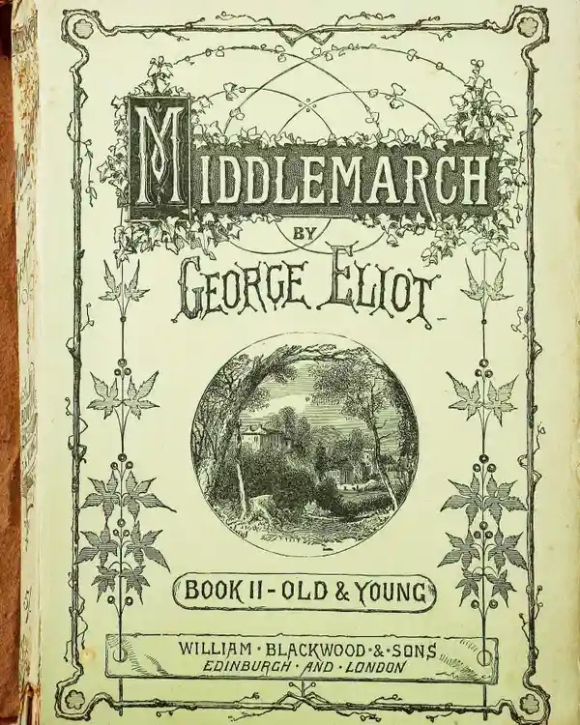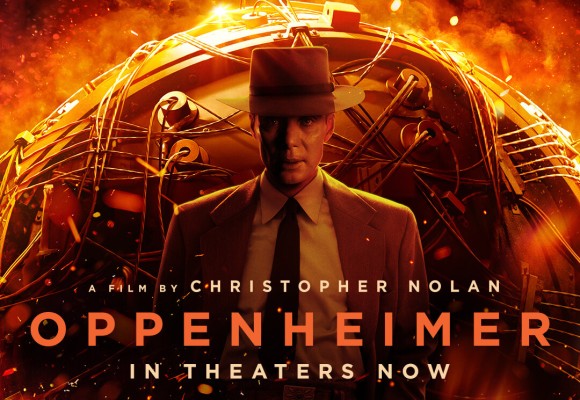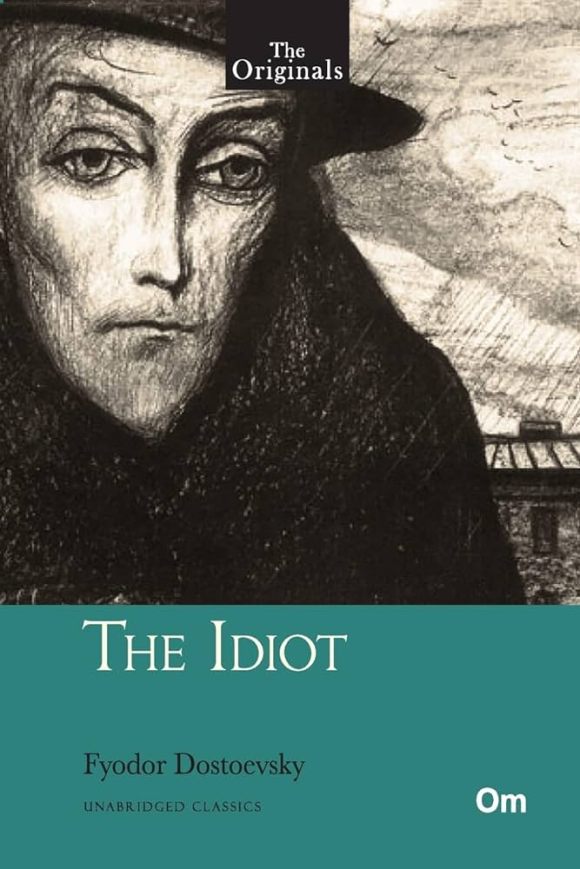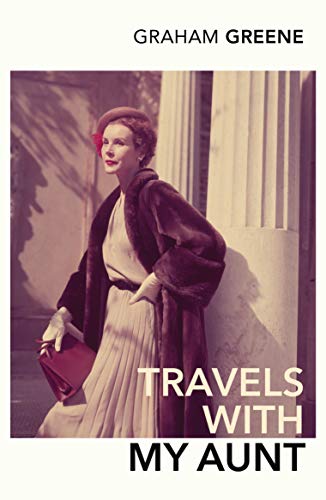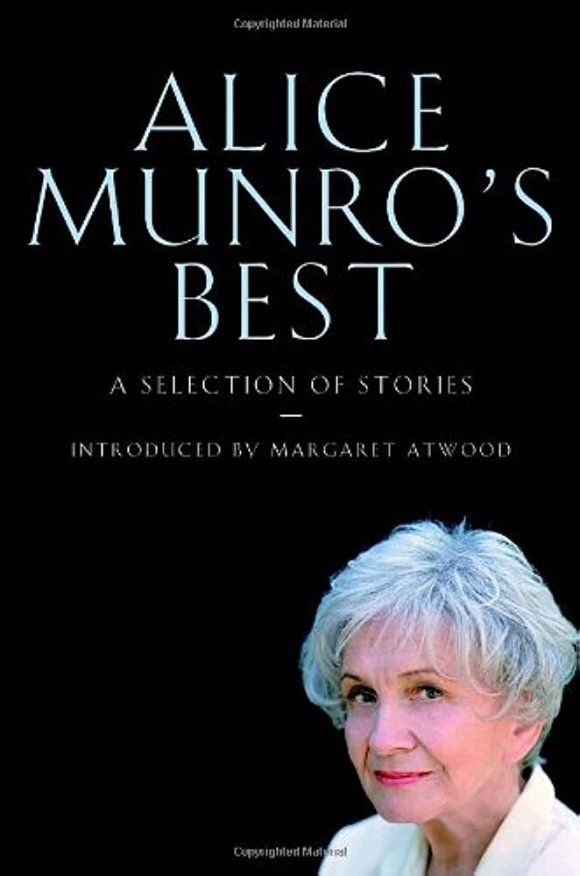What I Read:
Bukowski’s Hollywood (1989). Bukowski writes a screenplay. Everything possible goes wrong during pre-production and production. Lots of red wine is drunk. Lots of short chapters are drafted in short order. An easy, breezy read.
Peter Cameron’s Leap Year (1990). Another easy read – I was craving novels this month (I always crave novels) but I’m focussing on learning to write short stories, so that’s what I’m mostly supposed to be reading, so I sneaked in two easy, short novels. This is my third Peter Cameron. It was his debut novel. I like it. Very concrete and eventful, sometimes almost but never quite ridiculously so; the narrative threads intersect beautifully, if sometimes a little bit predictably (see: who’s your baby daddy?). Excellent examination of the complexity of human relationships.

Dorothea Brandse’s Becoming A Writer (1934). The third writing book I’ve read (after Bird by Bird and A Swim in a Pond in the Rain). Short, dense, eye-opening. This book is not a how-to-write, though it does offer a couple of writing exercises. Brande’s focus is on discussing the elements in the approach to writing and the writer’s life. She uses psychological insight, and extensive knowledge of writers, to discuss topics like: (a) the relationship b/w, and contribution of, the conscious/rational and unconscious/creative mind in writing; (b) how to unfetter and maximise whatever modicum of genius a given writer has; (c) the importance of learning to write anywhere, anytime; (d) the role played by repetitive, wordless activities (like walking, playing cards, or whittling) in unconscious problem-solving for a writer; and (d) how and what to read, in order to remedy one’s unique flaws as a writer, and keep in touch with literature. (Hint: read more classics, fewer contemporary bestsellers/prizewinners.) This is a beautiful, short, dense book, worth its weight in gold.
Nirmal John’s Breach (2018). Journalist Nirmal John’s debut book explores instances of major data breach in India, in both the corporate and public sectors. The material is interesting, and was new to me; the structuring of the stories shows passable narrative skill; the language is atrocious, and the book appears to have had very little editing.
Rereading Sophocles’s Oedipus trilogy. Almost done, but will review next month, since I have a lot to say… most of which I’ll probably be too lazy to transcribe from my reading notes and actually write up here.
Short pieces:
Guardian’s The Long Read from 2023: “‘The planet’s economist: has Kate Raworth found a model for sustainable living?” by Hettie O’Brien
J. K. Rowling on her own website: “J. K. Rowling writes about her reasons for speaking out on sex and gender issues.” 2020.
Ciara Nugent in Time: “Amsterdam is embracing a radical new economic theory to help save the environment. Could it also replace capitalism?”
Alana Semuels in Time: “Now’s the time to bring up menopause at work.” 2023.
“Is there a tragic sense of life?” by Lionel Abel (1964) in Commentary
“My life with the wave” by Octavio Paz, recommended by a new critique partner and friend
“What Most People Get Wrong About Men and Women” by Catherine H. Tinsley & Robin J Ely in 2018 in Harvard Business Review
“‘Wait, am I the fool here?’: why our fears of being scammed are corrosive and damaging” by Tess Wilkinson-Ryan, 27th July, 2023
“‘A certain danger lurks there’: how the inventor of the first chatbot turned against AI” by Ben Tarnoff

What I Wrote:
Revised “School Trip” (originally a 750-word vignette, now a 2k) and “The Last Laugh” (originally a 600-word vignette, now a 2k) – developed the characters and a more unified storyline. The idea for the revision of “The Last Laugh” came from a microstory I’d drafted with the same main character and a similar theme. Got some critiques; made a few edits; these stories seem to be mostly working and are ready to send out in my next round of lit mag submissions early in Aug.
Revised “At Play” (13k). Went through the whole story fixing indirect language, convoluted construction, and irregular/outdated punctuation. Reads well; this story of childhood is close to my heart. Realised later that the climax needs rewriting; rewrote it, and also deleted some repetitious material from the other scenes, and made the ending sharper and shorter.
Replanned “Sanctuary,” combining it with the idea for another story, “Getaway.” (The new story is called “Getaway.”) Redid the outline & went over it a few times; drafted it (7.5k), did first-round edits done, sent out to critique partners. Got back a couple of crits; did the minor revisions suggested; re-read the story aloud to myself and made a few more minor eds. Reading a nearly finished (at every stage) story aloud to myself really helps.
A few more minor touchups to “The Why and the How” based on a critique from a close friend who’s recently begun reading my stuff. Ditto “The City.”
Rewrote “Peace” (6k) based on a new outline; sent it out to CPs. This story is not in the collection, but it was practice for a new (to me) type of story structure I’m exploring. Got back three crits: they like the core story and structure, but say the story should be shorter and more focussed, and one CP pointed out several factual errors. Back to the drawing-board: this story might be ready for my next round of subs in Sep.
Rewrote “Holiday” (5.5k) based on a new outline; sent it out to CPs; good response. Made minor edits based on critiques; this story is ready to go.
Re-read and created revised outlines for the last few pieces from the collection: “To Decide or Not to Decide” (originally a 10k), “Retreat” (3k), “The Sacrifice” (6k), and “The Decision” (2.8k). Hammered out the outlines; “To Decide…” had some factual errors (re: Covid lockdown and vaccine chronology); fixed that. Redrafted “Retreat.”
I now have three stories from the book left to redraft: “The Decision,” “The Sacrifice,” and “To Decide or Not to Decide.”
What I Published:
Created the Books page on my website, with links to buy (a) anthologies, or (b) copies of lit mag issues where my stories have been published. This page only links to anthologies/magazines not accessible for free.
My flash story “Shoes” is out in Funicular Issue#12.
My microstory “Friend” in Fairfield Scribes Issue #31.
My short story “Fantasising” is out in Fiction on the Web. This story from 2019 I recently rewrote, completely, as a novella, with different characters and a better plot; the novella will be in my trio of PhD novellas, which is one of my next projects. This original story is passable, but I can and need to do better.

How I Fared:
Finished the bulk of the work (I hope) on the short story collection. Sent out a ‘sample’ of the book (5/8ths of it, in terms of word count) to a couple of friends who know people in publishing. This was mostly as a landmark for myself; the actual formal process of querying the book will begin in Aug, and be long and tedious and chockful of rejections, I’m sure.
Some of the stories in this book began years ago, but on the book itself I’ve been working (almost) dedicatedly only for June and July. Even in these months, I worked on “Peace” which is not in the collection; also on “Fantasising” which was meant to be in the collection but grew too big. In May I worked on a bunch of stories not in the collection: “Thaw,” “Island,” “Streetlamp,” “Escape Plan,” “Funeral,” “Zoo,” “The Price” (though this was supposed to be in the collection), “Fault” (which, along with “Fantasising,” will be in the next book, a trio of novellas), “Bridegrooms,” and a whole bunch of micros. So it’s felt like a lot of work, but I haven’t focussed on it till these last two months. It’s been enjoyable working on it, challenging in the best way, but I have also felt constrained, tied down. I did get used to the discipline, though: it’s a change in mindset and an accompanying shift in how you spend your time and what you think about in your sleep. I’m like Will Smith – I’m seldom the brightest or even the most talented person in the room, but I pride myself on being very often the most disciplined.
Began looking for work. Applied to one or two places. There’s very interesting work being done in conservation psychology and behaviour change; hope I can contribute something worthwhile somewhere. I’m bad at multitasking – August will be focussed on job search (and final bits of book editing, and beginning my book querying process).
Spent much of the last few weeks in an extended hypomania. Lost my appetite, needed less sleep than usual, and made at least one risky decision: in the health domain, a domain in which I am generally extremely risk-averse. Fingers crossed there’ll be no ill effects. Depressive episodes have bugged me a lot over the last two decades; over time, I’ve generated a few dozen tactics to manage these episodes, and they are improving – or maybe I’m getting better at handling them, getting less overwhelmed by them. But hypomania feels so good, it so consistently makes everything (to quote Jesse Pinkman re: meth from the best television series ever made) “maximum interesting” – that it’s hard to recognise that these episodes, too, are problematic.

I heard, via fellow-writer-and-depressive, about ten months ago, that those with depression, either unipolar or bipolar, are more prone to dementia, inc. Alzheimer’s. This is what got me to marshal my forces to finally make a serious, protracted effort to control my depressive episodes. Imagine my consternation, therefore, when I discovered this month that it might be the excitotoxic effects of excess glutamate from hypomanic episodes that might be the mechanism behind bipolar individuals’ increased dementia risk! Well: it is another datum to take into consideration, another change of orientation, another thing to manage more sternly with ongoing and pretty drastic lifestyle modifications. The keto diet I’ve returned to and been following for a couple of months has been working very well to stabilise my mood and maximise my mental and physical health – it has kept my depressive episodes at bay, but it keeps me in or on the edge of hypomania. Once I get a job, even if it’s work that I love and believe in, I know my stress levels will rise, and my mood will fluctuate more – so I am very grateful to have got this time to get some salient personal issues a little more under control.
Resumed running regularly. I began running at 18 and have never looked back – until for the last three or four years, when horrible air quality and the resulting allergies and exhaustion stopped me. Now I run at midday, when the air is better. This summer (after a hot start) Bangalore has been beautifully rainy, cloudy, and moist. Am getting tanned and lean again. Surprisingly, even after a few years off, my legs haven’t taken long at all to adjust. My biomechanics have improved: it’s not easy running with flat feet, but with mindful practice, and focus on stride length and stride rate and keeping my legs stiff and my shoulders relaxed, I have been doing well. The hard part is breathing inside my sportsbra, which needs to be pretty damn tight to provide support. I’m still a slowish runner, but I’ve begun incorporating sprints, and working on gait efficiency, to improve my pace. Running makes me feel powerful, light, relaxed, focussed, and connected – like getting a tiny bit stoned every day. For free!
I read about the persistence hunting phase of our evolution some years ago; apparently now it’s controversial. There’s debate around most major topics in science, so not surprising. Nevertheless: there’s a hypothesis that our distance-running abilities played a key role in our quest for meat (which in turn allowed for bigger brains, cooperation, and language development, key human traits). So it’s *possible* that when we run long distances, we’re celebrating a key component of human history.
Trivia: I run many kilometres a week barefoot – I cast off my shoes in 2011, and I during PhD I ran around 90km/wk – and the only problem is an occasional blister on my sole, which I pop painlessly and which heals scarlessly. But, if I walk 5km one afternoon in (admittedly badly-fitting) footwear, I get a blister on the top of my foot that bursts under the rubber sandalstrap and leaves an ugly mark for weeks. My toe joints still have permanent corns from 10+ years ago when I last ran in running shoes. Running barefoot has only given me smoothly callused, thick, goodlooking soles. Not to mention the lightness, joy, and ease of running barefoot, and the many injuries, poorer stride, less efficient biomechanics, and natural-resource waste of running shoes.
Also became able to use my menstrual cup again, after two years of it not fitting. Bodies are weird. No more menstrual pads! Not having to use pads is the next best thing after not having periods.
Turned 36. I no longer look like a spring chicken, but I feel more healthy, focussed, and strong than I’ve ever done. I feel happy, stable, and confident of living by my own lights, ready for the challenges in the next phase of my life. My life feels like it’s only just beginning: like I’m only now learning how to live. Compassion, including for myself, has become recently a steadfast presence in my life. I’ve travelled a roundabout, hard road to earn it. I will consult it for the rest of my journey, making it my north star.
I’ve wanted to save the world since I was around 7, and I saw people as the enemy, and so I hated people. My intense neuroticism and introversion also made people a source mostly of irritations and over-stimulation. But hating myself and other people has got me nowhere, and it will get the planet nowhere. Time for a new approach.
For most of my adult life, I’ve been on autopilot. I’ve been living consistently mindlessly, without enjoyment, with a great restlessness, always with a sense of waiting for something to change, for some alteration in external circumstances to rescue me from the chasm of inertia and meaninglessness I’d been digging for myself. Now I feel in charge of my own life, the architect of my own experience (to quote a writer of children’s books from Design Matters, a podcast I’ve recently begun exploring). Life feels meaningful and important. I feel more open to everything and everyone. I feel full of the knowledge that every time I meet a friend, or sit down to write, might be my last. This knowledge visits me, not continually – that would be unbearable – but frequently enough to remind me that life is precious and short. This insight, that have a moral imperative to enjoy and to actually live every moment, comes courtesy of discussions with cherished friends, recent (mostly positive) life experiences, and reads from the last year or so including Time Management for Mortals and The Wisdom of Insecurity.
Watched August: Osage County (2013). I’d been wanting to watching another Meryl Streep movie, but I fast-forwarded through chunks of this one – too many dialoguey speeches, and some of the drama or its staging feels very manufactured. Cumberbatch playing a mentally challenged character is as annoying and overdone and stiff as Cumberbatch playing an impossibly bright character. Maybe he’s just an awful one-dimensional actor, especially in contrast to Meryl Streep’s multidimensional brilliance. Even in scenes that are shoddily written, she’s galvanic, not one false note. But it’s hard to sit through a movie once you lose the habit, and most movies (like most books) are not worth the time or effort. Still, it’s useful watching even bad movies, as long as I make time to analyse what worked and what didn’t in the story, characterisation, and dialogue.
Watched I’m Not There (2007). Fantastic! It’s the rare PoMo/non-traditional narrative that appeals to me. This is like the best of Fellini’s work. How have I lived so long w/o hearing more Bob Dylan? After the movie I sat down and tried listening to his greatest hits, but the instrumentation annoys me: very pop, repetitive, trivial, and loud: sounds like he chose three notes for the accompaniment of each song and strummed them ad nauseum. The cheerful instrumentals are probably meant to contrast with the often serious lyrics, but… they’re too much for me. So I downloaded a PDF of his lyrics to read, as poetry instead, since it was the lyrics from the movie that arrested me, and since he won the Nobel Prize for Lit.
July was an extraordinarily productive month for me, thanks to: incredible weather in Bangalore, allowing sustained mental and physical effort; protracted hypomanic episode; resuming running; stringently following my low-carb-sometimes-keto diet for bipolar-II and other lifestyle precautions; losing some excess fat I’d accumulated, and improving my body composition; going out every weekend; having no job (that helps, so very much) and exploring possibilities for work more in line with my values; working on my book all day, every day; beginning an invigorating sexual relationship that, after 36 years and a dozen-odd partners, has made me stop identifying as asexual; commencing a romantic relationship with a person I greatly admire and respect; learning how to use short music-listening breaks to regulate my affect (much better for me than watching stuff, which I’ve always found addictive and draining); and continuing to practise the optimism and the acceptance of uncertainty that have become, from recent readings, as well as from podcasts (notably Tim Ferriss), part of my mental fabric.

